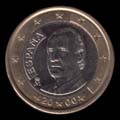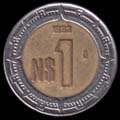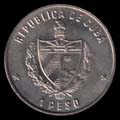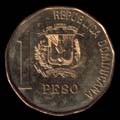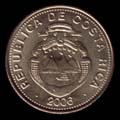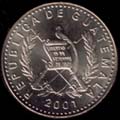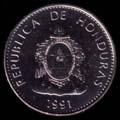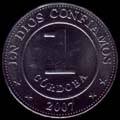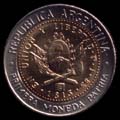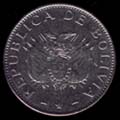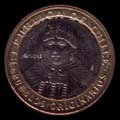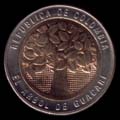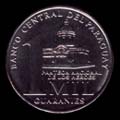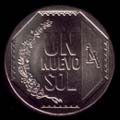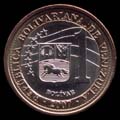Peso
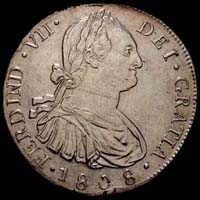 |
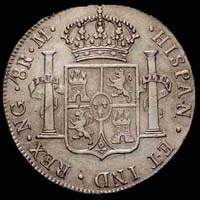 |
Peso (“weight” in Spanish) is the name of several currencies used in South
America and the Philippines. Its origin dates back to the Spanish monetary
reform of 1497, when an eight real coins was introduced, named “piece of
eight” (“real de a ocho” in Spanish, also known as “peso fuerte”). This coin
was used in the Spanish colonies of America where, indeed, the main mints
were located due to the presence of silver mines in the continent.
Because of the lack of English coins in the British colonies in America, the
Mexican Peso had legal tender in North America until the 1857 at par with
the US dollar. The symbol $ of the US dollar comes from the columns of
Hercules and the band with the motto "Plus ultra" depicted in the coat of
arms on the real, also used in the Spanish peseta up to the introduction of
the euro.
The circulation of the peso continued also after the independence of the
Spanish colonies; only with the adoption of decimal monetary systems some
countries adopted new currencies, such as Bolivia with the boliviano,
Venezuela with the bolivar, El Salvador and Costa Rica with the colón,
Nicaragua with the cordoba, Honduras with the lempira, Guatemala with the
quetzal, Paraguay with the Guaraní, and Ecuador with the sucre.
On the contrary, several countries continued to use the peso, like Argentina
with Argentine peso, Chile with the Chilean peso, Colombia with the
Colombian peso, Cuba with the Cuban peso, the Philippines with the
Philippine peso, Mexico with the Mexican peso, the Dominican Republic with
the Dominican peso and Uruguay with Uruguayan peso.
The weight is also used as unit of account in economic organizations like
the Central American Peso for the Central American Common Market (Central
American Integration System since 1991) and the Andean Peso for the Andean
Community of Nations.

